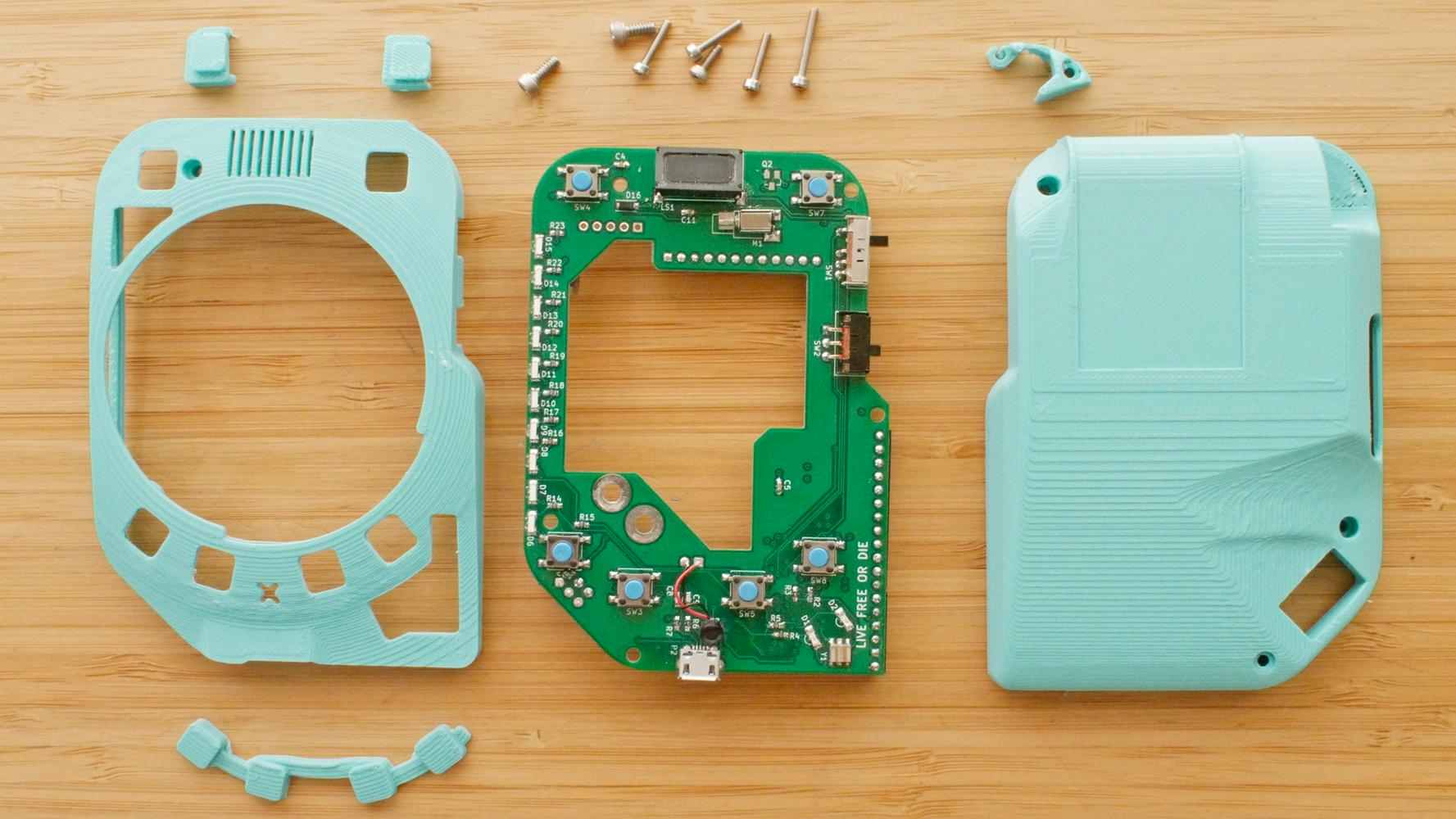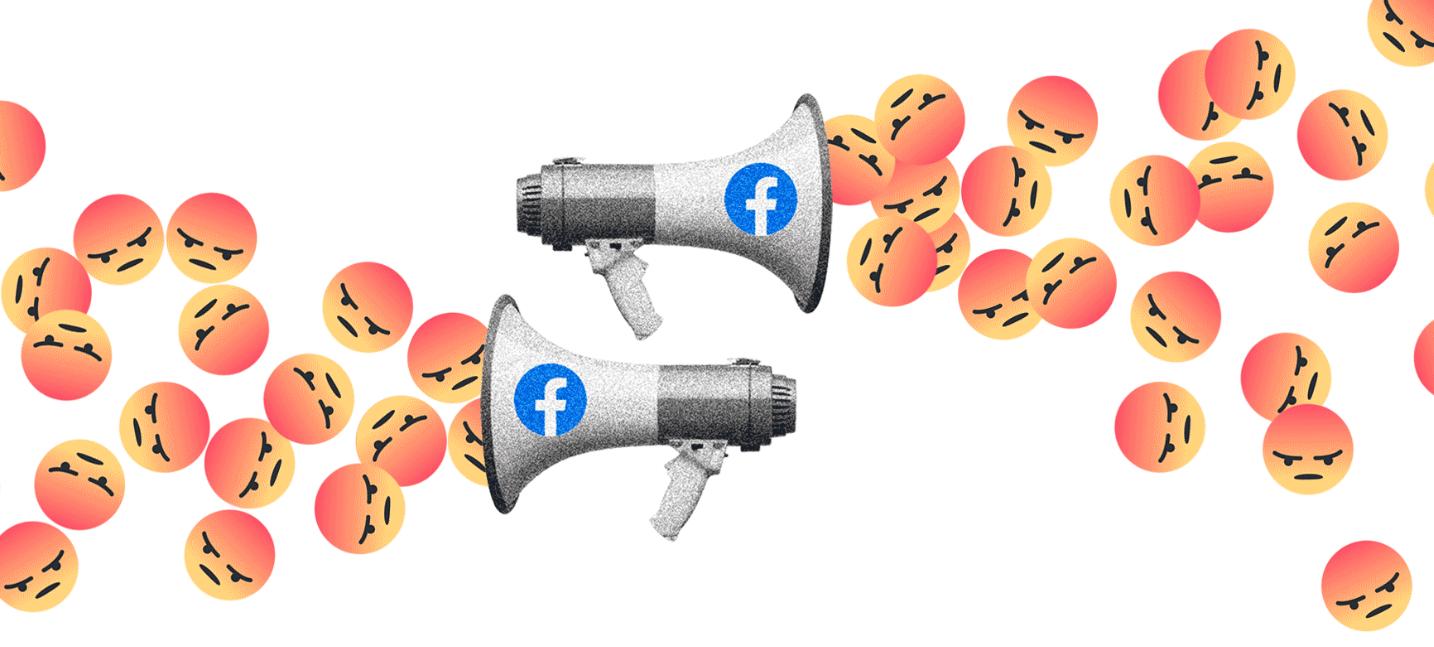Smartphones are bad for you. We need to go back to the good old rotary phones! Earlier this year, Justine Haupt revealed a custom cellphone she built that eschewed unwanted battery-killing distractions like a touchscreen. In its place was an old-school rotary dial for placing calls, and while it looked antiquated, there were apparently enough people as fed up with the state of modern smartphones that Haupt has created a new version that she will actually build and sell. Haupt’s original rotary cellphone was created with an open source design that allowed anyone to build their own, with firmware, build notes, and even the 3D models for printing the custom housing made available for download on their website. To make the build easier, Haupt created a starter kit offering the 3D printed housing for $50 (straight out of the 3D printer) as well as the cellphone’s mainboard for $90. But there were still lots of additional components that needed to be sourced to complete the build, including the dial that Haupt salvaged from a slim Western Trimline telephone. Realizing the appeal of a distraction-free cellphone that excels at actually making calls (just look at the size of that antenna) extends well beyond hardware hackers and tinkerers, Haupt is currently developing a “mark 2" version of the design that will be available as a ready-built device for those who don’t know the first thing about soldering. In addition to an upgrade from 3G to 4G which ensures the right networks will be active for at least another 10 years, the new version will include a larger electronic paper display, newly manufactured rotary dial parts instead of old salvaged hardware, and an SD card slot allowing a contact list to be added by just uploading a text file full of names and numbers. Haupt is also teasing, “another VERY cool feature but won’t announce it until I’m sure I can do it” for their new rotary cellphone which remains a complete mystery for the time being. But a listing for the device on the website for Haupt’s new robotics company called Sky’s Edge claims it could be available as early as September. You can’t pre-order it yet, and it’s safe to assume the pandemic will probably result in some minor delays, but if you’re interested you can subscribe to updates on the project’s development, and notifications for when it’s finally available.


:extract_cover()/https://meta-storage.neard.com/54b53072540eeeb8f8e9343e71f28176.20200525072203.1590391323.8942.jpeg)
:extract_cover()/https://meta-storage.neard.com/54b53072540eeeb8f8e9343e71f28176.20200526071505.1590477305.1664.jpeg)

